Can you imagine dreaming up a scientific idea so wild, so daring, that even the real world has to catch up? That’s exactly what some of literature’s most memorable fictional scientists did. Before the world had split the atom, mapped the human genome, or seriously contemplated artificial intelligence, these bold thinkers were already exploring the unknown in the pages of books. Their stories didn’t just predict the future—they inspired it. Through heartbreak, obsession, and flashes of genius, these characters changed how we see science, society, and ourselves. Whether driven by hope, curiosity, or even madness, each of these fictional scientists left a mark that still echoes in today’s discoveries. Let’s dive into their worlds and see just how far ahead of their time they truly were.
Victor Frankenstein: The Godfather of Modern Mad Science
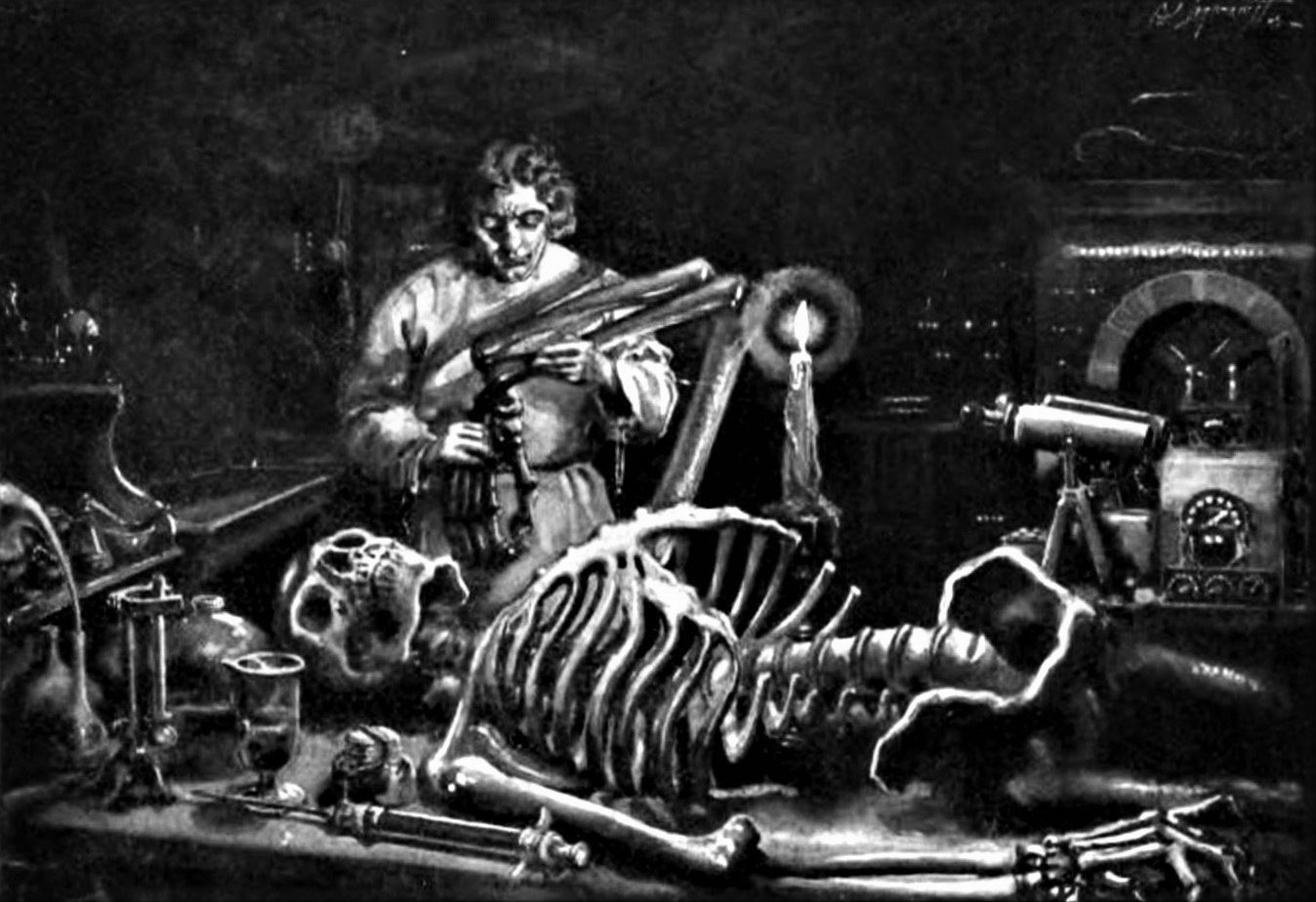
Victor Frankenstein, from Mary Shelley’s classic “Frankenstein,” is often seen as the prototype for the brilliant but tormented scientist. Driven by a burning desire to unlock the secrets of life itself, Victor’s reckless experiments with reanimation foreshadowed real debates about bioethics and the limits of scientific ambition. His story is a cautionary tale of innovation run wild, raising urgent questions about responsibility and the unintended consequences of scientific progress. Even today, as scientists grapple with gene editing and artificial intelligence, Frankenstein’s shadow looms large. He reminds us that with great power comes the need for great wisdom. The emotional punch of Victor’s journey—his loneliness, guilt, and longing for redemption—makes his story unforgettable. Have you ever wondered what lines you’d cross for knowledge?
Dr. Moreau: The Cruel Visionary of Human Evolution
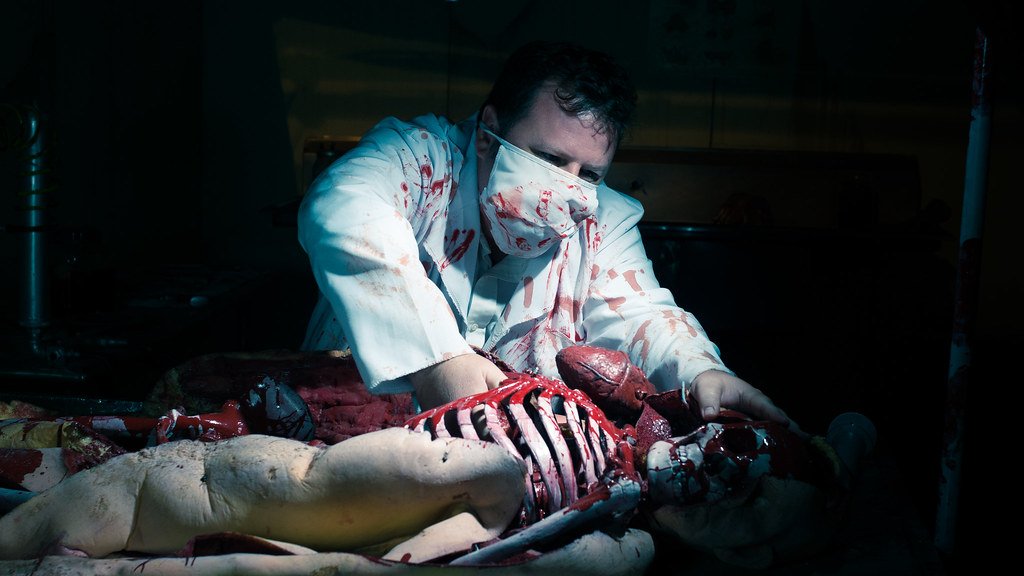
H.G. Wells’ Dr. Moreau, from “The Island of Dr. Moreau,” is a character who shocks and fascinates in equal measure. Obsessed with reshaping animals into human-like creatures, Moreau’s experiments predate the modern science of genetic engineering by nearly a century. He’s both a visionary and a villain, driven by a cold logic that ignores the suffering he causes. The novel’s disturbing imagery and philosophical questions—what makes us human, and what happens when we play god—still resonate today. Moreau’s island is a metaphor for unchecked scientific experimentation, and his legacy is a warning about the perils of progress without empathy. Would you dare to push the boundaries as far as he did?
Professor Challenger: The Adventurous Pioneer

Sir Arthur Conan Doyle’s Professor Challenger, first seen in “The Lost World,” is a whirlwind of curiosity and courage. Unlike his more famous counterpart, Sherlock Holmes, Challenger is not content to merely solve mysteries—he creates them. He leads expeditions to discover prehistoric life in the Amazon, challenging the scientific establishment and risking everything for knowledge. Challenger’s boldness and refusal to accept limits anticipate the spirit of modern explorers and innovators, from space travel to deep-sea exploration. His adventures capture the thrill of discovery and the stubborn refusal to accept “impossible” as an answer. If you’ve ever dreamed of making the impossible possible, Challenger’s your hero.
Dr. Jekyll: The Duality of Scientific Ambition
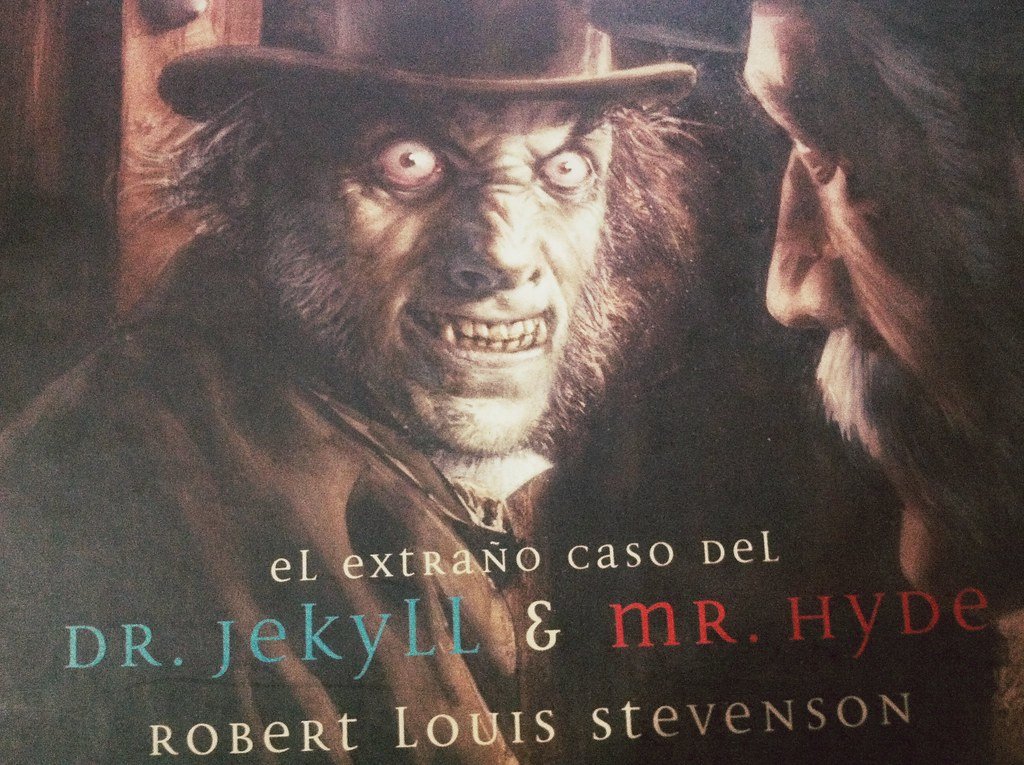
In Robert Louis Stevenson’s “Strange Case of Dr. Jekyll and Mr. Hyde,” Dr. Jekyll embodies the age-old conflict between reason and desire. His experiments with mind-altering chemicals open a Pandora’s box, transforming him into the monstrous Mr. Hyde. Jekyll’s quest to separate good from evil within himself was eerily ahead of its time, hinting at modern neuroscience and psychiatry. The novel explores the dangers of self-experimentation and the ethical dilemmas faced by scientists. Jekyll’s struggle is both psychological and philosophical—how far should we go to understand ourselves? His tragic fate is a stark reminder that science touches the soul as much as the body.
Hari Seldon: The Mathematician Who Saw the Future

Isaac Asimov’s Hari Seldon, from the “Foundation” series, revolutionized the idea of predicting the future with math. Seldon’s invention, psychohistory, is a fictional science that combines history, sociology, and statistics to forecast the fate of civilizations. While real-world scientists are still far from such predictive power, Seldon’s work echoes in today’s big data analytics and social forecasting. His vision of using knowledge to guide society is both inspiring and a little unsettling. Seldon’s calm, methodical approach stands in contrast to the chaos around him, making him a beacon of hope for rational thinkers everywhere. Would you trust a mathematical formula to decide humanity’s future?
Professor Lidenbrock: The Dreamer Who Journeyed to Earth’s Core
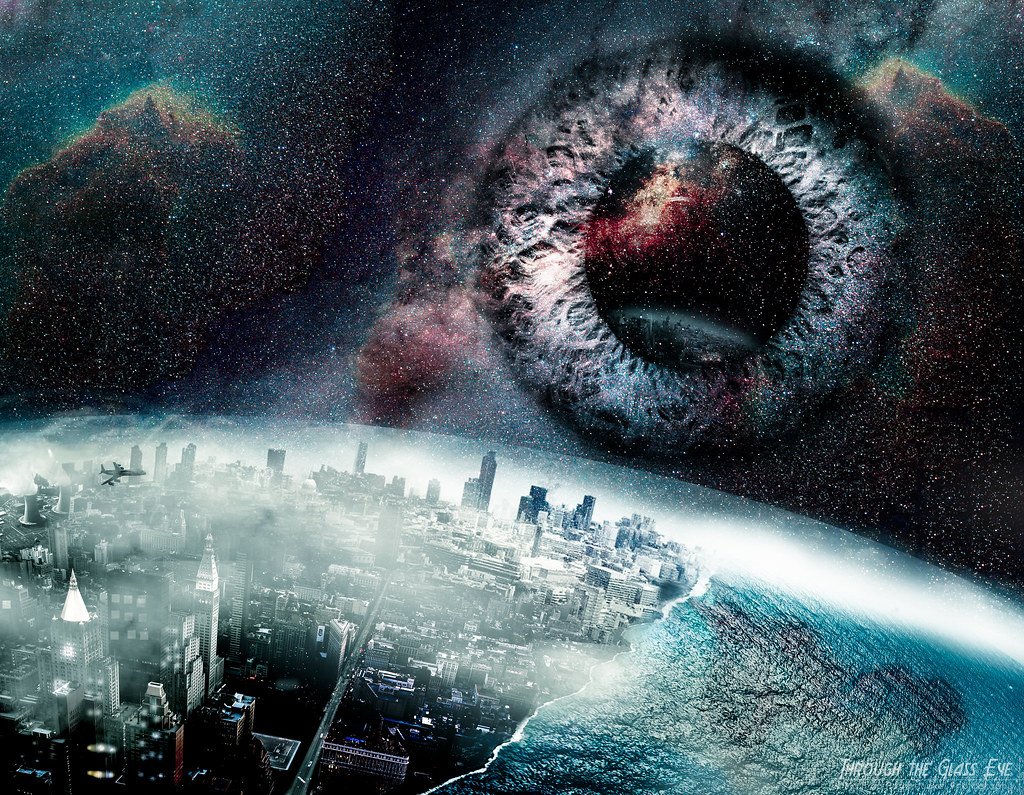
Jules Verne’s Professor Otto Lidenbrock, from “Journey to the Center of the Earth,” is the ultimate dreamer. Driven by an unshakable belief in the impossible, he leads a daring expedition deep beneath the Earth’s surface. Lidenbrock’s unwavering faith in hidden worlds and scientific wonders prefigures today’s quests for knowledge, from paleontology to planetary science. His passion is infectious, reminding us that great discoveries often start with a wild idea and a willingness to take risks. The professor’s eccentricities and stubbornness make him both endearing and infuriating—a reminder that genius is rarely neat or tidy. Who hasn’t secretly wished to stumble across a lost world?
Dr. Emmett Brown: The Eccentric Time Traveler
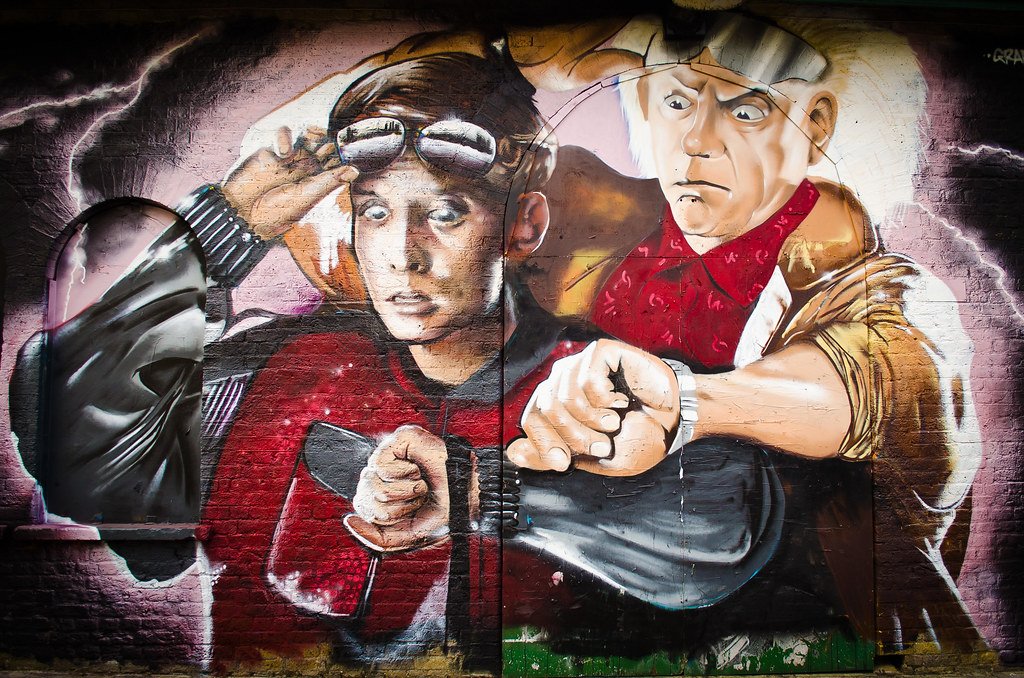
Though more famous from film, Dr. Emmett “Doc” Brown’s literary appearances capture the same spark of genius and madness. He’s the mastermind behind the flux capacitor, the device that makes time travel possible in the “Back to the Future” universe. Doc’s wild energy and unconventional thinking echo the real-world breakthroughs that often come from those who refuse to accept limits. His inventions, though fantastical, inspire readers to imagine what’s possible when you mix creativity with science. Doc Brown proves that even the craziest ideas can change the world—if you’re brave enough to chase them. Would you take a ride in his DeLorean?
Dr. Susan Calvin: The Robopsychologist Ahead of Her Time

Susan Calvin, from Isaac Asimov’s “I, Robot,” is a brilliant and complex robopsychologist. Living in a world where robots are becoming commonplace, Calvin navigates the ethical and psychological challenges of artificial intelligence long before it became a reality. Her insights into machine behavior, emotion, and morality echo in today’s debates about AI safety and ethics. Calvin’s cool, analytical mind makes her a pioneer, but her loneliness and struggles with human relationships add depth to her character. She’s a reminder that even the most logical minds can be haunted by the heart. How would you feel about trusting your life to a machine?
Professor Quatermass: The Quiet Defender Against the Unknown
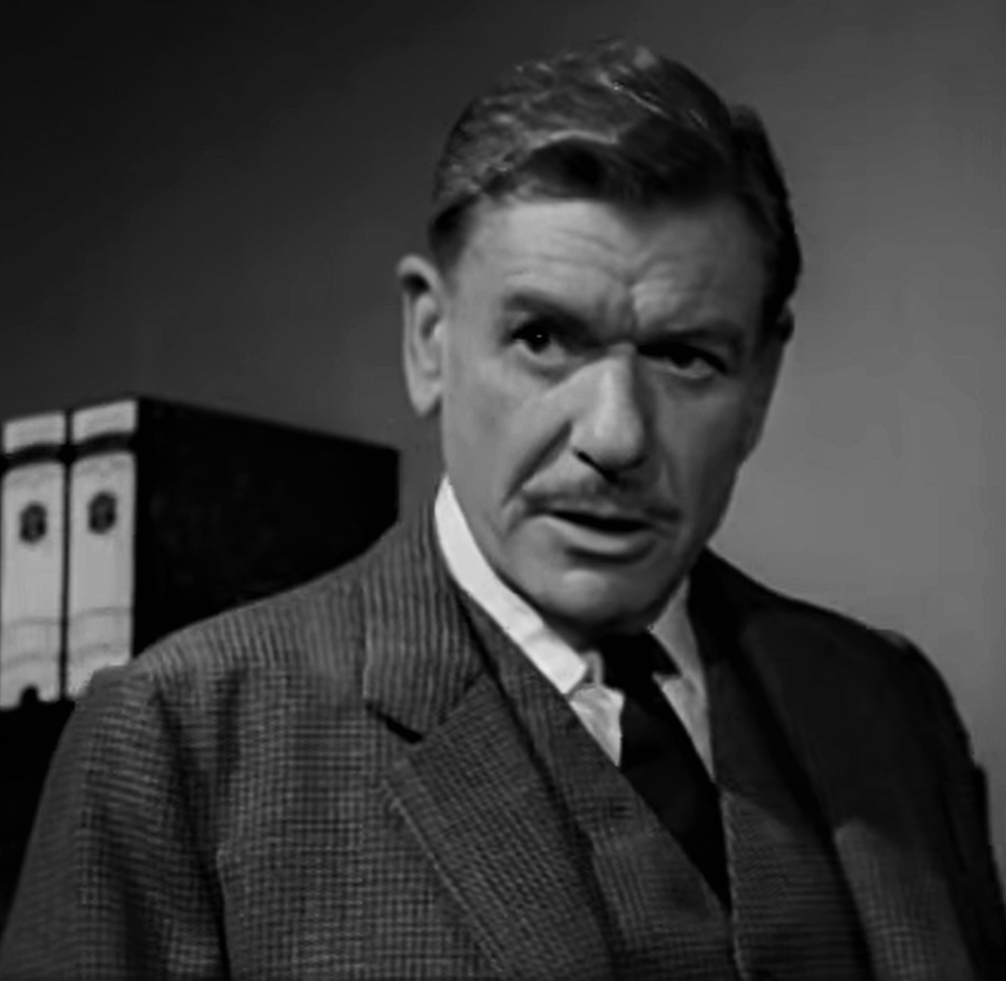
Professor Bernard Quatermass, although most widely recognized from television, also left his mark in books and adaptations. As a rocket scientist and investigator of alien phenomena, Quatermass is the voice of reason in the face of the bizarre. He approaches the unknown with skepticism and courage, often battling forces that threaten humanity itself. Quatermass’s calm, scientific approach to crisis management feels strikingly modern, anticipating the roles scientists play in today’s global emergencies. His stories tap into our deepest fears about what lies beyond—and our hope that science can keep us safe. Would you stand your ground against the unimaginable?
Professor Xavier: The Geneticist with a Dream

Charles Xavier, best known as the leader of the X-Men, is depicted in various novels as a visionary geneticist and teacher. Long before real-world debates about genetic mutations and human evolution, Xavier’s dream of peaceful coexistence between mutants and humans pushed the boundaries of science fiction. His commitment to understanding and guiding the next step in human evolution is both inspiring and fraught with ethical dilemmas. Xavier’s blend of compassion and scientific curiosity makes him a symbol of hope for anyone who feels different or misunderstood. His life’s work asks us to imagine a world where science and empathy walk hand in hand. Could you see yourself fighting for a better future, even when others fear change?
Dr. Henry Wu: The Architect of Resurrection

In Michael Crichton’s “Jurassic Park,” Dr. Henry Wu is the geneticist who brings dinosaurs back to life. His groundbreaking work in cloning and DNA manipulation was pure fantasy when the novel was written, but today’s advances in genetic engineering make his ideas feel eerily possible. Wu’s ambition and brilliance are matched by his willingness to overlook potential dangers, sparking debates about scientific ethics and the unpredictable consequences of playing with nature. His character challenges us to think hard about the boundaries of innovation and responsibility. Wu’s story is a rollercoaster—equal parts awe and terror. Would you dare to resurrect the past?
Dr. Griffin: The Tragic Seeker of Invisibility

H.G. Wells’ Dr. Griffin, the central figure in “The Invisible Man,” is both a genius and a cautionary tale. His quest to unlock the secrets of invisibility leads to personal ruin and moral decay. Griffin’s scientific achievements are remarkable—he manipulates optics and biology in ways that still intrigue scientists today. Yet, his descent into madness and isolation serves as a powerful warning about the risks of unchecked ambition. Griffin’s struggles invite us to consider the cost of pursuing knowledge at any price. His story lingers long after the final page—have you ever wished you could disappear?
Dr. Ellie Arroway: The Seeker of Cosmic Truths

In Carl Sagan’s “Contact,” Dr. Ellie Arroway is a radio astronomer with an unshakable belief in the possibility of extraterrestrial life. Her dedication to the scientific search for meaning in the vastness of space is both inspiring and deeply human. Arroway’s discoveries challenge the boundaries of science, faith, and the imagination. Her perseverance in the face of skepticism reflects the real-world struggles of scientists who dare to ask the biggest questions. Arroway’s journey from loneliness to connection is a testament to the power of curiosity and hope. Would you listen for a message from the stars?
Dr. Will Zimmerman: The Compassionate Monster Hunter

In the “Sanctuary” novels, Dr. Will Zimmerman is a forensic psychiatrist who investigates creatures and phenomena beyond normal science. His commitment to understanding and helping both monsters and humans sets him apart from traditional monster hunters. Zimmerman’s blend of empathy and analytical thinking echoes the work of real-world scientists who study the unknown with open minds. His character asks us to consider what it really means to be monstrous or misunderstood. Zimmerman’s path is equal parts detective work and compassion—a rare combination. Could you see yourself looking for the truth in the shadows?
Dr. Rosalind Franklin (Reimagined): The Unseen Pioneer
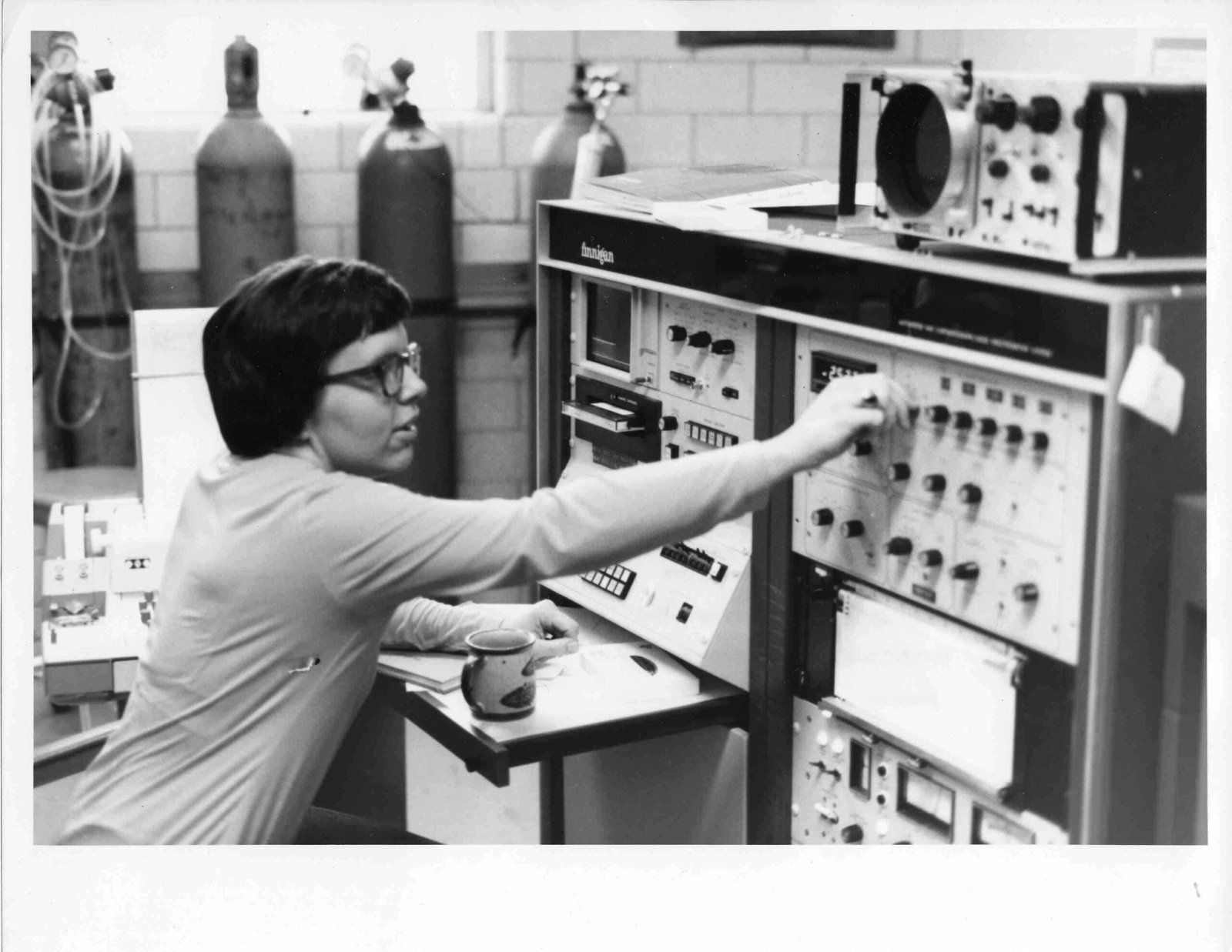
Several modern novels have reimagined real-life scientist Rosalind Franklin as a fictional figure, exploring what might have happened if her contributions to DNA research had been fully recognized in her time. In these stories, Franklin is portrayed as a trailblazer who battles sexism and scientific rivalry, pushing the boundaries of molecular biology before it became mainstream. Her determination and brilliance highlight the struggles faced by women in science, both then and now. Franklin’s fictional counterparts inspire new generations to challenge the status quo and pursue discovery against the odds. Her story is one of quiet courage and lasting impact. Would you keep fighting for the truth, even when no one’s watching?
Professor Artemis Fowl Sr.: The Genius Outlaw

In the “Artemis Fowl” novels, Artemis Fowl Sr. is the criminal mastermind with a deep knowledge of technology, genetics, and engineering. Long before the world was buzzing about cybercrime and genetic manipulation, Artemis Fowl Sr. was blending science with cunning to outwit both humans and magical creatures. His innovative (if ethically questionable) solutions make him a fascinating blend of hero and anti-hero. The character’s use of science as both a tool and a weapon echoes modern debates about the double-edged nature of technology. Artemis Fowl Sr. pushes us to question where the line is between genius and villainy. Could you outsmart the world if you really tried?
Every one of these fictional scientists dared to dream beyond the limits of their time. Their stories are more than entertainment—they’re blueprints for curiosity, courage, and caution. The next time you pick up a book or look at the stars, remember: the future starts with a question. What would you have discovered if you’d been in their shoes?




